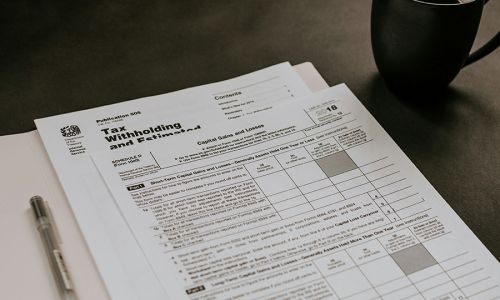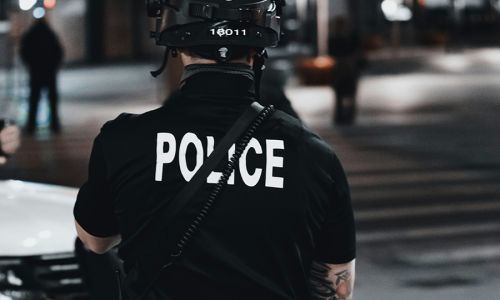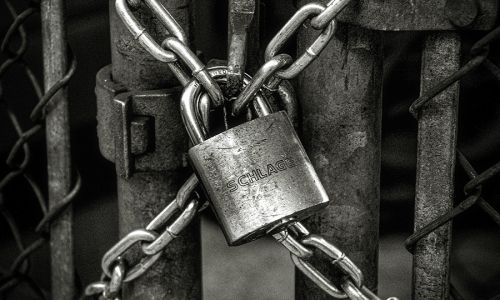
The U.S. Department of Commerce’s Bureau of Industry and Security (BIS) is responsible for enforcing the Export Administration Regulations (EAR) — the rules that control the export, reexport, and even in-country transfer of commercial items, “dual-use” technologies, and certain military-related products.

The IRS Whistleblower Program is one of the most powerful — and financially rewarding — tools in the U.S. enforcement system. Created to help expose serious tax fraud, evasion schemes, and large underpayments, the program allows individuals to report violations confidentially and earn up to 30% of the government’s recovery.

Since the Dodd–Frank Act of 2010, the SEC has fundamentally reshaped how securities fraud and corporate misconduct are detected and addressed. Through its Office of the Whistleblower (OWB), the Commission has recovered billions in penalties and awarded over $2 billion to individuals whose insider information helped uncover violations.

As international law enforcement becomes increasingly interconnected, INTERPOL — the International Criminal Police Organization — now plays a significant role in immigration and security screening worldwide. Its 195 member countries share millions of records each year, including Red Notices and Diffusions that alert governments to individuals wanted for arrest or questioning.

Economic sanctions enforced by the U.S. Treasury’s Office of Foreign Assets Control (OFAC) are some of the most powerful tools in U.S. foreign policy. When a person or company is designated under programs like Executive Order 14024 (Russia), 13599 (Iran), or 13692 (Venezuela), all their property and assets under U.S. jurisdiction are immediately frozen.

When it comes to OFAC rules, compliance isn’t optional. Violations can lead to heavy fines and even criminal charges. In this article, we break down the legal framework, explain key compliance responsibilities, and highlight recent enforcement trends—all to help businesses and individuals understand the risks and stay ahead in today’s fast-changing sanctions landscape.

 Русский
Русский  English
English  Español
Español  Turkish
Turkish  Persian (فارسی)
Persian (فارسی)  Arabic (العربية)
Arabic (العربية)  简体中文 (中国)
简体中文 (中国) 

